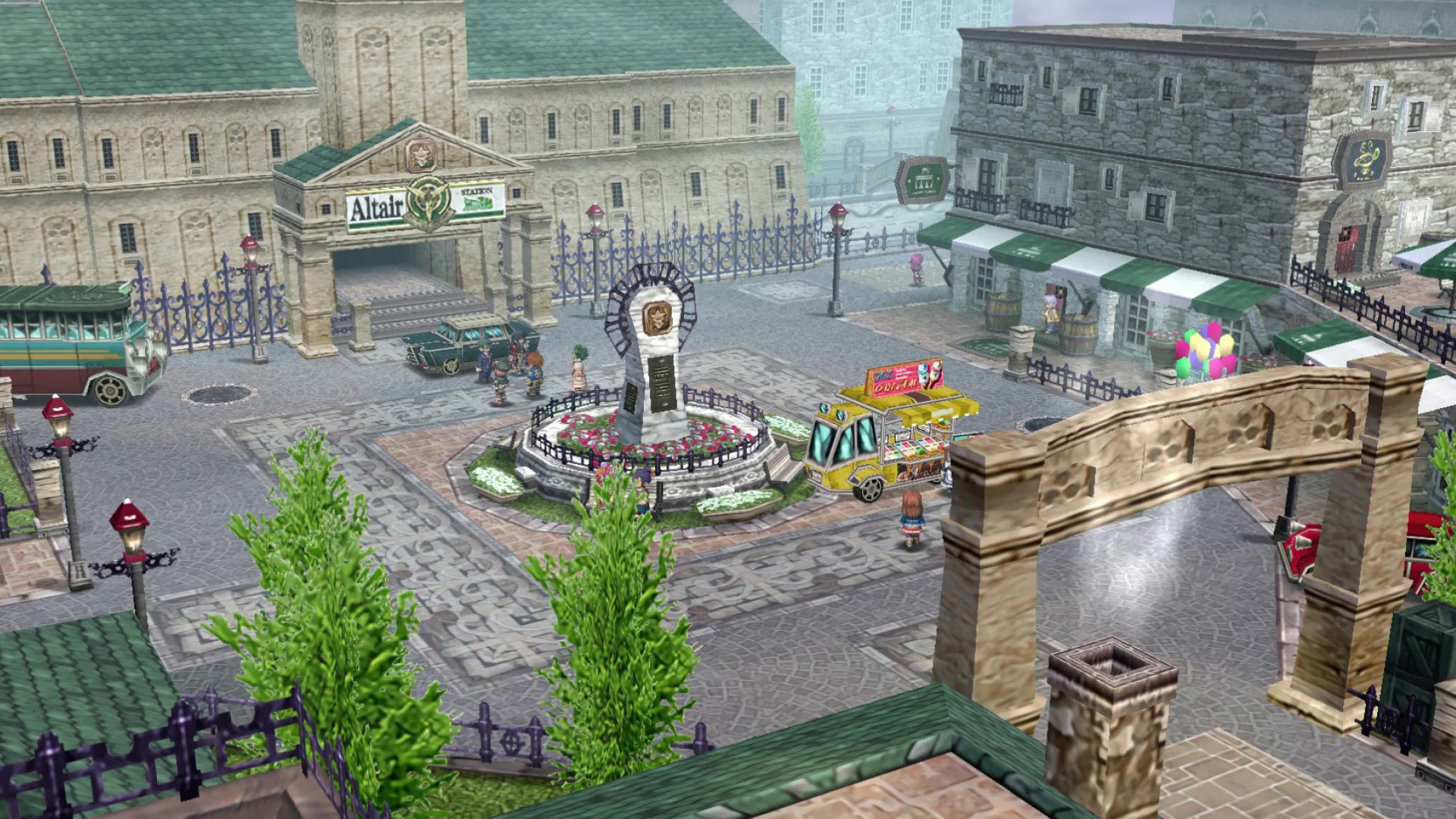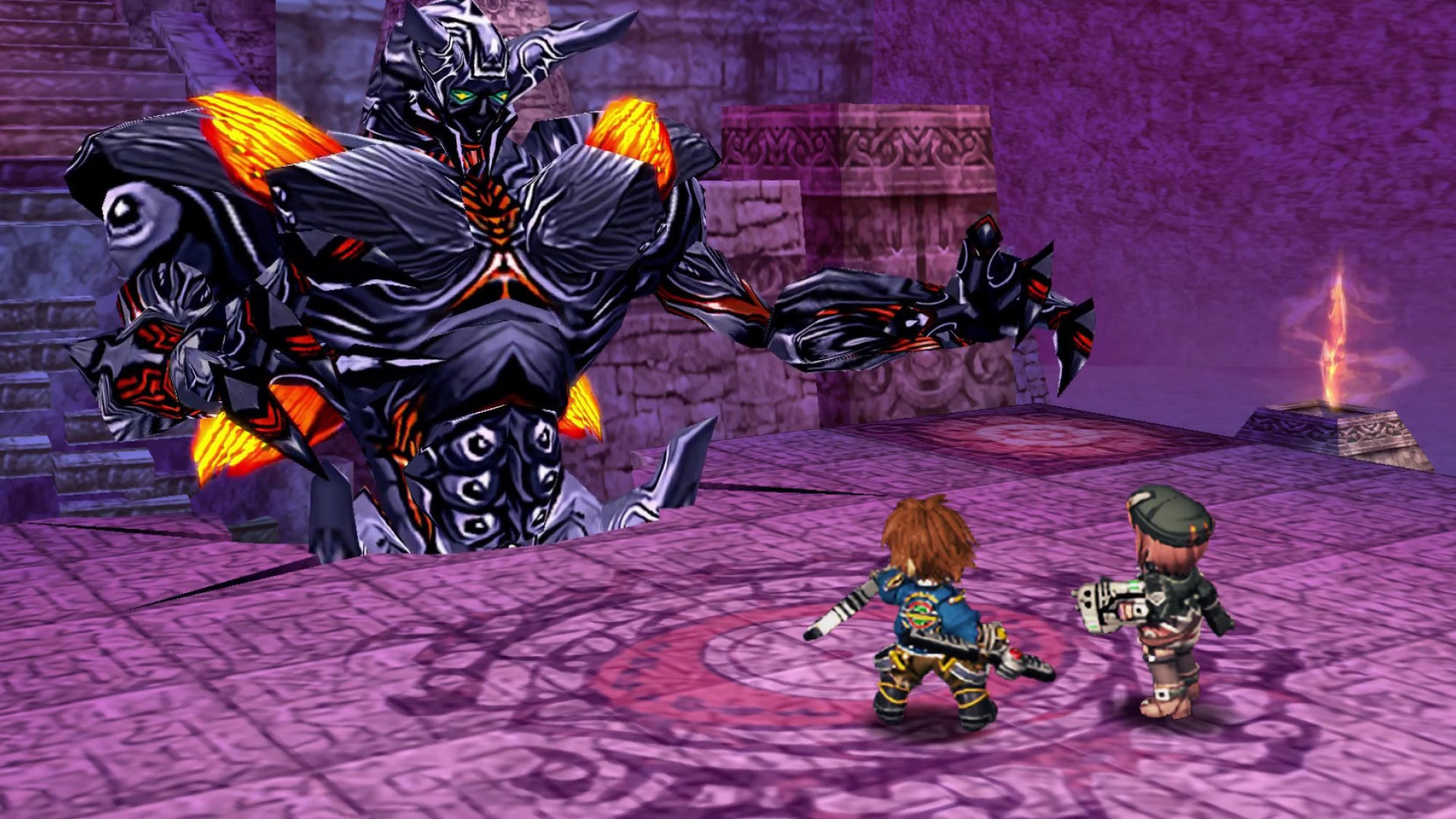
The Legend of Heroes series has sneakily been one of the longest-running RPG franchises out there. While the franchise only really caught on in the west relatively recently with its Trails of Cold Steel series, the Crossbell duology – Trails from Zero and Trails to Azure – have been hailed as some of the best games in the franchise by those who managed to play the games through fan translation or appropriate knowledge of the Japanese language. It’s 2023 now, and the developer is finally releasing the end of the Crossbell duology, so the only question that really remains is whether The Legend of Heroes: Trails to Azure is a good RPG.
Talking about Trails to Azure on its own merits is quite difficult, since it relies so much on the events of Trails from Zero – being a direct follow-up – and also ends up laying so much of the foundations for the state of the franchise’s setting for future games.
First things first. The Legend of Heroes: Trails to Azure is definitely a sequel with a capital ‘S’. Picking up shortly after the events of Trails from Zero, Trails to Azure continues with the Special Support Section as our protagonists. The prologue, while relatively lengthy, tries to fill in the blanks for those who may not have played its predecessor. Admirable as the attempt is, however, a lot of the time, you’ll just be wishing that the characters would move on with the current story already, rather than talking about events from Trails from Zero.
"When it comes to gameplay, The Legend of Heroes series has always had an interesting take on standard turn-based battles, and Trails to Azure is no different."
One of the biggest problems with The Legend of Heroes: Trails to Azure is its pacing. The problem is especially noticeable in the prologue section, as well as some of the later chapters of the game. Thankfully, despite its sometimes-plodding pacing, the story itself is incredibly interesting. The political landscape of the city of Crossbell has been rendered with an incredible attention to detail, with key political figures and their actions even setting up important consequences a few games later.
The quality of a RPG is dependent on the strength of its character writing to quite an extent, and thankfully, despite a few stumbles here and there, Lloyd Bannings is a fun character to follow. While he may come off as the typical shonen anime protagonist with a never-say-die attitude and the chutzpah to pick fights against enemies that quite obviously outclass him in terms of strength and skill, there’s certainly a fair bit of depth to him. His blind optimism, while somewhat preachy at times, did quite a bit to endear me to him, which is certainly a win in a gaming landscape where pessimistic, dark and brooding characters are quite popular.
The rest of the party, sadly, feels a bit under-developed. The main focus of the story is the role Lloyd plays in the ultimate fate of the city of Crossbell, and while there are certainly tons of characters all over the place, Lloyd’s own party often ends up feeling like a bit of an afterthought. Not even the standard anime trope of a beach episode does much to elevate them as characters, unfortunately.
Of course, the biggest star of the game’s writing is definitely the localization. The developer teamed up with a third party company, which has previously released its own translations. Working with the developer officially has meant that The Legend of Heroes: Trails to Azure has incredibly competent writing, while at the same time managing to hang on to its own identity without it blending into the sea of other RPGs.
When it comes to gameplay, The Legend of Heroes series has always had an interesting take on standard turn-based battles, and Trails to Azure is no different. Fights take place over a small grid-based battlefield where your party, as well as enemies, can move and attack. Different attacks and abilities even have different areas of effect. For example, Noel’s SMG spray can hit not only her main target, but other nearby enemies as well. Other than movement and positioning being important aspects, the battles play out like any other RPG you can think of, allowing characters to use attacks, abilities, spells, and even this game’s equivalent of the Limit Break.
"The Legend of Heroes series has always had an interesting take on standard turn-based battles, and Trails to Azure is no different."
There’s a healthy variety of enemies, and the prologue throws quite a few different kinds at you just to let you experiment with your abilities and positioning before setting you free with the first chapter. The mini-bosses and boss fights in The Legend of Heroes: Trails to Azure all emphasize positioning to a surprising degree, with several of their attacks punishing characters for being in the wrong place at the wrong time. It’s also quite surprising how the fantastical enemies of the game work well with the more political story.
Aside from combat, most of the gameplay will have you exploring the city of Crossbell, its surroundings, and a lot of dungeons. There are several characters to talk and build relationships with, and a lot of side quests to make sure you won’t really run out of things to do. There’s even an in-depth cooking system that makes use of ingredients you find in your adventures to cook buff-providing food. Trails to Azure covers just about every ground an RPG can think of, and it does it quite well.
Visually, don’t expect too much with The Legend of Heroes: Trails to Azure. It was originally a PSP game, after all, but its art direction manages to keep the game from looking too dated. Rather than a fully 3D RPG, Trails to Azure uses 2-dimensional sprites in a 3D world, giving it the vibe of the typical late-era PSOne game. The high-definition renditions of the game’s 2D sprites, while looking slightly blurry, still do quite a bit to give us an idea of the personalities of the game’s various characters, owing to things like their general look as well as their choice of fashion.
In the audio department, The Legend of Heroes: Trails to Azure features a surprising amount of voice acting. While completely in Japanese, the voice acting is competently directed, and each character’s emotions show through in any given scene, be they comical or dramatic. Special mention definitely has to go to the game’s music, however. While not the strongest soundtrack in The Legend of Heroes franchise, Trails to Azure definitely has a few downright awesome songs, especially with its boss fights.
"Trails to Azure definitely has a few downright awesome songs, especially with its boss fights."
As a final note, since we reviewed the PC version of The Legend of Heroes: Trails to Azure, we were also able to check out how well it runs on the Steam Deck, and thankfully, it runs rather excellently. There were no issues regarding graphics, audio, or even controls with playing the game on the Steam Deck, which ends up being a surprisingly fitting platform for the game, not only owing to its handheld roots on the PSP, but also because using a long trip in the train is a great time to knock out some level grinding in long-running games, and maybe even complete a few side quests along the way.
The Legend of Heroes: Trails to Azure’s port is an excellent new addition to the franchise. Wonderfully closing off the Crossbell story arc, Trails to Azure only really suffers from being a sequel to Trails from Zero, since you need to know quite a bit about that game before truly understanding the characters and their motivations. Aside from that and a few minor problems with pacing, however, Trails to Azure is a fantastic RPG, and is an incredibly easy game to recommend, provided you’ve played Trails from Zero, of course.
This game was reviewed on PC.
Excellent story; Fun combat; Great music.
Minor pacing issues; Really needs you to know the plot of Trails from Zero.


















